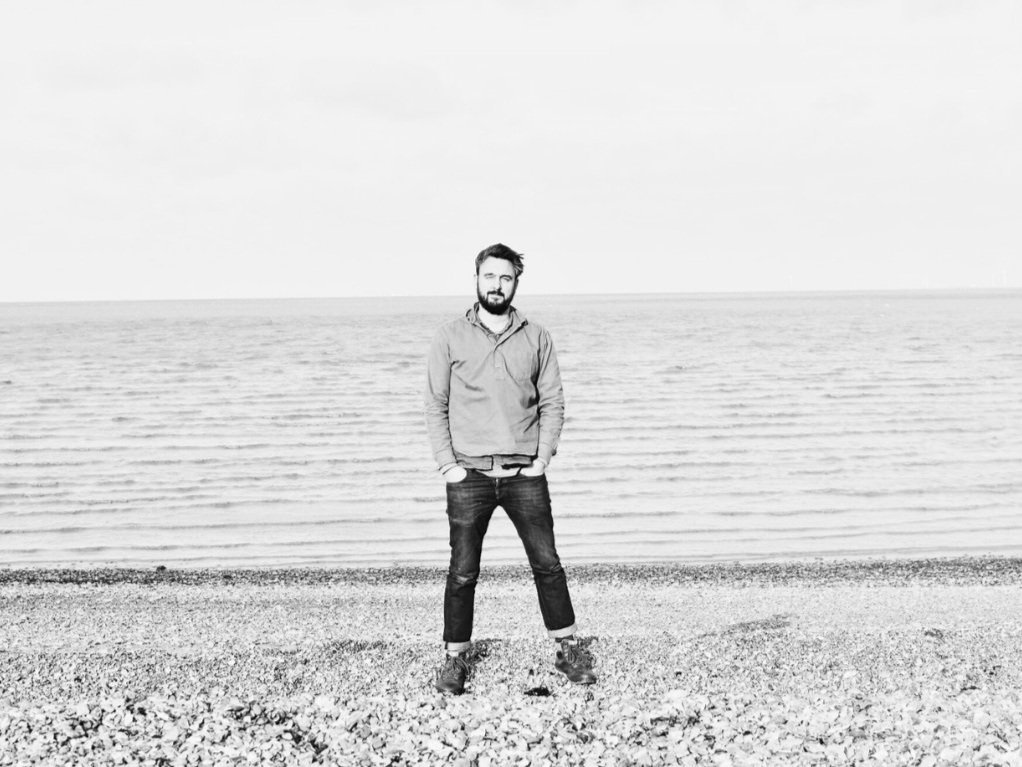Two heads are better than one
NEWSLETTER #19 | JULY 2024
Strength in numbers
I have never led alone.
Fresh from uni, I set up a fringe theatre company called nabokov with my friend James. Ten years later we took over the national theatre of new plays Paines Plough and ran it as co-CEOs for a decade. Meanwhile I got married and over 18 years, co-created a marriage and jointly built a family.
But now I find myself leading alone for the first time.
A solopreneur building my own coaching business; and a single-parent to three children. From this vantage point, I appreciate with ever growing intensity and clarity the value and importance of collaborative leadership.
Specifically, I see how two heads are better than one.
And I’ll share what I see through the medium of three of my favourite TV shows of the past 20 years.
The West Wing
Aaron Sorkin’s series tells of the daily travails faced by the occupants of the oval office; in his case, a Democratic President Jed Bartlett played by Charlie Sheen and his Chief-of-Staff, Leo McGarry.
The show is live decision-making. A constant stream of choices faced by Bartlett, McGarry and the wider team that they process by prodding and probing in pursuit of the best way forward.
It’s brilliance lies in the dialogue. The seemingly effortless articulation, sparring, jousting of words and ideas in, around and through the heart of major moments of decision.
Where managing is doing, leading is deciding. And most decisions are better made with the collaborative rigour of a debate behind them. Alone, that conversation takes place inside your own head, offering a sole perspective; as soon as there are two, you double the processing power. Moreover, the cumulative weight of consequence is easier borne by two than one alone.
Billions
Billions is about a hedge fund manager called Bobby Axelrod, played by Damian Lewis.
A few series’ in, a character called Taylor Mason arrives and sets about transforming Bobby’s business. But Bobby gets too big for his boots and like Icarus, flys too close to the sun; his ambition grows too large and becomes divorced from reality.
As Taylor prepares to quit, Bobby comes to them seeking an explanation. Taylor turns to him and says simply:
“I can believe in your vision without believing in your business model.”
In other words: I can get behind what you want to achieve - but not how you’re going about doing it.
In theatre - and perhaps in organisations more widely - we need both vision and business model. And arguably the ‘how’ is not just the business model but the organisational culture too.
And the relationship between the two - between vision and culture - is constantly in flux. A tango involving constant push and pull but never separation.
Just as anyone can have an idea, it’s the execution that transforms it into reality. After all, a dream without a plan is just a wish.
The Bear
There’s a scene in The Bear where someone turns to Jeremy Allen White’s character and says: ”You want a Michelin Star? Then you’re going to have to care about everything more than anything.” And it encapsulates exactly what it is like to lead. You can’t just care about the product; the work on stage, the show.
As leaders, you have to care about everything more than anything. It is no longer simply the case that the Artistic Directors can make shows and the Executive Directors will run the business, in the old Theatre Director/Theatre Manager mould. Now, CEOs need to make toilets and toil as important as culture and cashflow.
And that is near-impossible if you’re doing it alone.
-
Similarly, as partners and parents we need to rigorously test big decisions, bear the consequential weight together, marry the how with the what, and care about all of it more than any one bit.
Sometimes, when it gets tough as a leader, a partner or a parent - and boy does it get tough - it’s tempting to think; ‘this is too hard’. Or ‘it shouldn’t be this difficult’. Or ‘we must be doing something wrong’. Or, ‘I can’t do this.’ Or, ‘We can’t do this together.’
Or, ‘I’d be better off doing this alone.’
Well maybe that’s true. Or maybe that’s just the gig.
Sometimes every day feels like climbing a mountain because sometimes every day is like climbing a mountain.
And for me at least, climbing mountains - like heading up a kitchen, running a hedge fund, holding the presidency or leading a theatre - is better done together.

